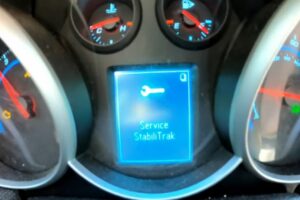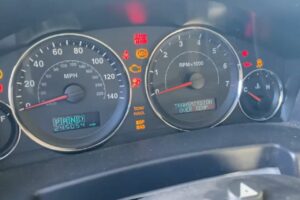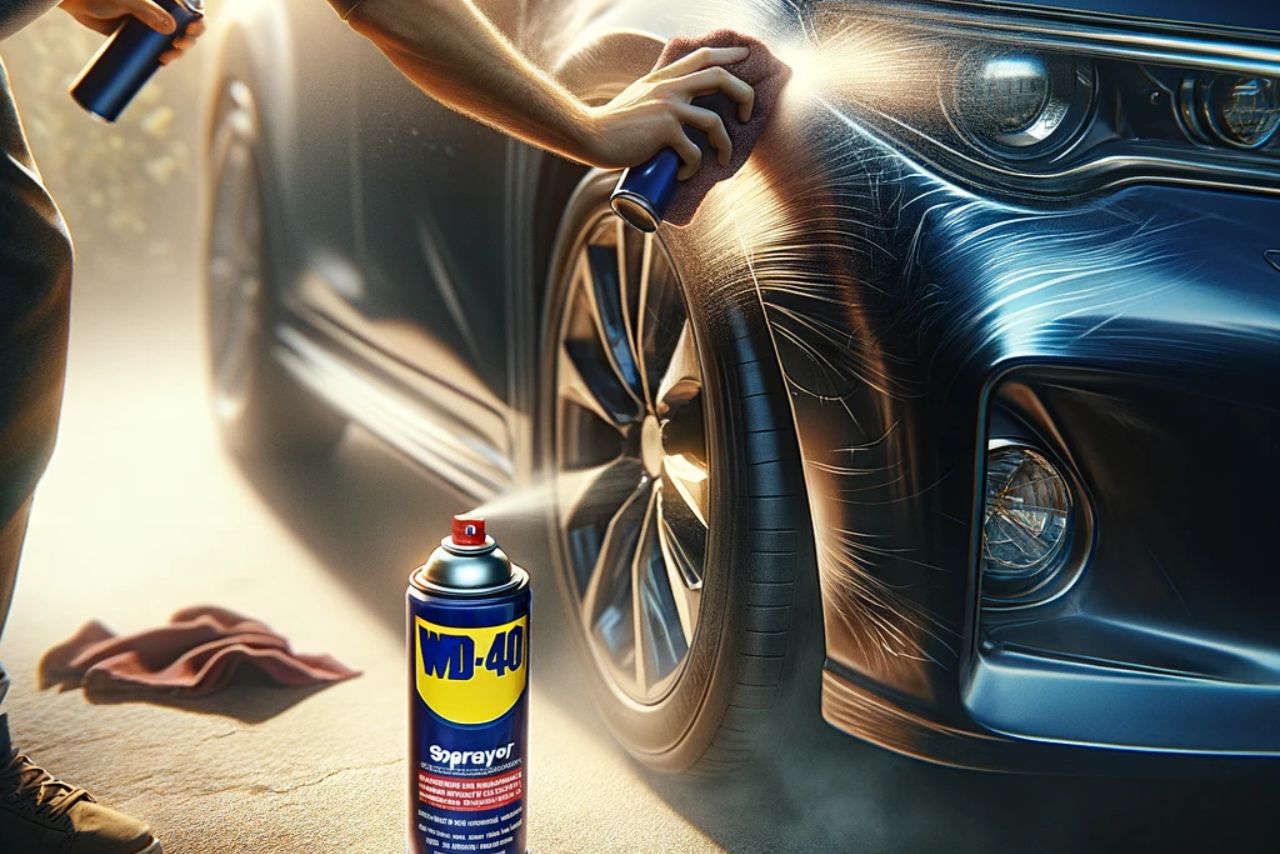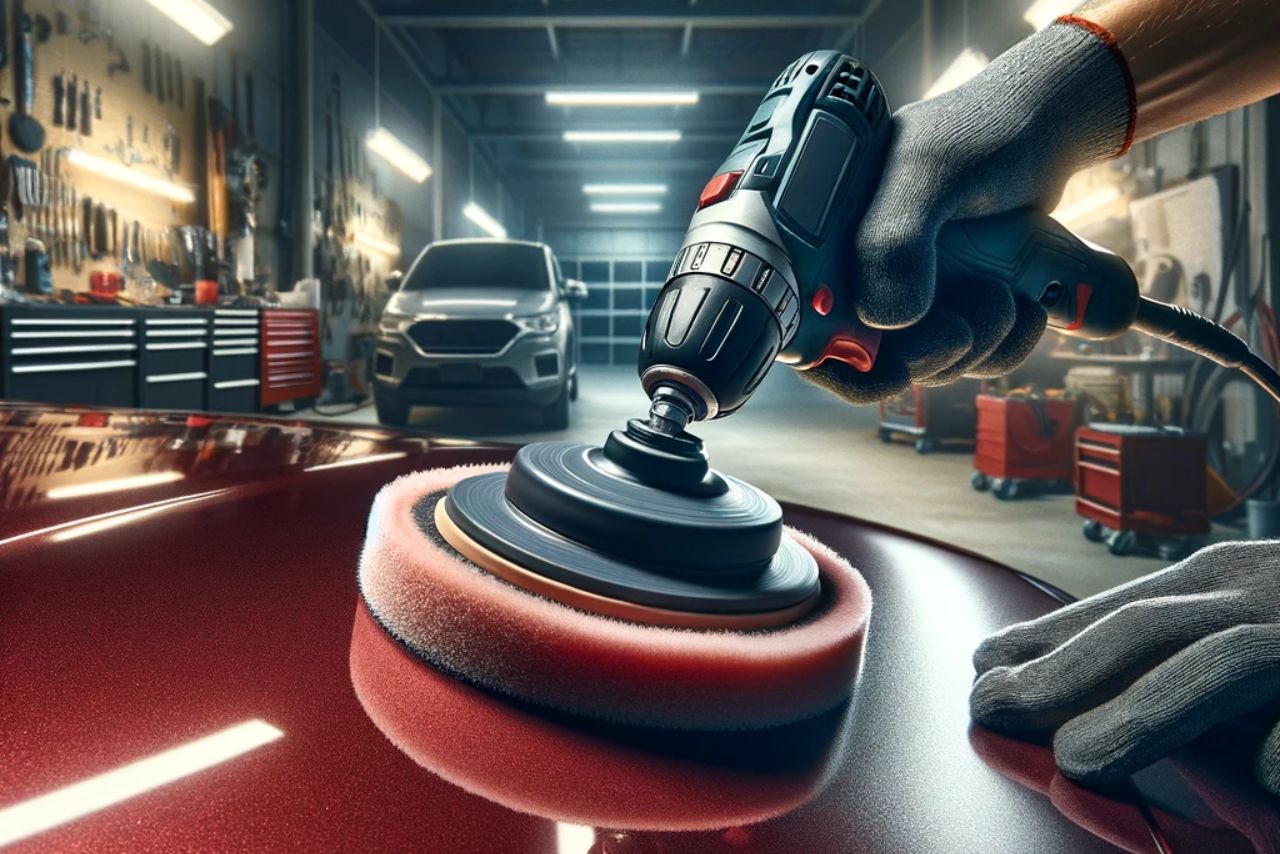Audi P1602: There are several potential causes for the Audi P1602 Error Code. These include a weak or failing battery, a loose or corroded battery terminal, an issue with the alternator, or a problem with the wiring harness.
It’s crucial to identify and address the underlying cause of this error code to ensure optimal performance and prevent further complications.
In this article, we will explore these potential causes in more detail and provide insights on how to troubleshoot and resolve them effectively. Let’s dive in!
Table of contents
Possible Causes of Audi P1602 Error Code:
The P1602 error code in an Audi can be caused by various factors. Here are the potential causes to consider:
It is essential to diagnose and address these potential causes when encountering a P1602 error code in your Audi car.
Consulting a professional mechanic experienced in Audi vehicles is recommended for accurate diagnosis and appropriate troubleshooting steps.
1. Weak or Failing Battery:

One of the potential causes for the P1602 error code in your Audi is a weak or failing battery.
The battery plays a crucial role in providing electrical power to start your vehicle and keep it running smoothly. When the battery becomes weak or fails, it can cause various issues, including triggering error codes like P1602.
Here are some key points to consider regarding a weak or failing battery:
Maintenance Tips for Your Battery:
Remember that addressing any issues related to a weak or failing battery promptly can help prevent further complications down the road.
| Pros | Cons |
|---|---|
| Relatively inexpensive repair compared to other potential causes. | Battery failure may be an indication of underlying issues with the charging system or electrical components. |
By addressing a weak or failing battery as a potential cause for the P1602 error code, you can troubleshoot and resolve the issue efficiently, potentially saving time and money on unnecessary repairs.
Watch this video to fix battery problems:
2. Loose or Corroded Battery Terminal:

If you encounter the P1602 error code on your Audi, one possible cause could be a loose or corroded battery terminal. The battery terminals are responsible for connecting the battery to the electrical system of your vehicle.
When they become loose or corroded, it can lead to various issues and trigger error codes like P1602.
Here are some key points to consider:
Remember that proper maintenance of your Audi’s battery terminals plays an essential role in preventing potential issues related to poor connectivity.
By addressing any looseness or corrosion promptly, you can help avoid encountering further complications associated with fault codes like P1602.
For additional guidance regarding this issue as well as other potential causes for the P1602 error code, please refer to the corresponding sections in this article.
3. Problem with the Alternator:
If you are experiencing a P1602 error code in your Audi, one of the possible causes could be a problem with the alternator.
The alternator plays a crucial role in charging the battery and powering various electrical components of your vehicle.
Here are some factors to consider when diagnosing an alternator issue:
When faced with an alternator problem causing a P1602 error code in your Audi, it is advisable to consult a qualified mechanic for proper diagnosis and repair.
They will have access to specialized tools and knowledge required for accurate troubleshooting.
Please note that while these points highlight potential causes related specifically to problems with the alternator, other factors might contribute simultaneously or independently towards triggering the P1602 error code.
Therefore, a comprehensive assessment of your vehicle’s electrical system is essential to determine the exact cause and resolve the issue effectively.
4. Problem with the Wiring Harness:

The wiring harness in your Audi plays a crucial role in ensuring that electrical signals are properly transmitted throughout the vehicle.
However, it can also be a potential source of trouble when it comes to the P1602 error code. Here are some key points to understand about this particular issue:
What is a wiring harness?
How does it contribute to the P1602 error code?
Symptoms of a faulty wiring harness:
Possible causes:
Diagnostic steps:
Solutions:
It’s important to address any problems related to the wiring harness promptly, as they can lead to further complications if left unresolved.
Consulting a professional technician with expertise in Audi vehicles is recommended for accurate diagnosis and repair.
Conclusion and final thoughts 💭
The P1602 error code in an Audi P1602 can be caused by various factors. These include a weak or failing battery, loose or corroded battery terminals, issues with the alternator, and problems with the wiring harness.
It is important to address these potential causes promptly to ensure optimal performance of your vehicle.
If you encounter a P1602 error code, it is recommended to first check the condition of your battery.
A weak or failing battery can lead to electrical malfunctions and trigger this error code. Inspect the battery terminals for any looseness or corrosion as well, as they can disrupt proper power supply.
Furthermore, it is advisable to have your alternator examined if other possible causes are ruled out.
The alternator plays a crucial role in charging the battery while driving and any malfunctioning could result in voltage irregularities that trigger fault codes like P1602.
Lastly, inspecting the wiring harness for any signs of damage or faults should not be overlooked.
Remember that addressing these potential causes will not only resolve the current issue but also prevent future complications and ensure smooth functioning of your Audi P1602 model.
Latest Posts:
- Can WD-40 Remove Scratches on Cars? (Hint: Yes, but…)
- Can You Use a Drill to Polish Your Car? (We Tried it Out!)
- Should You Cover Car Scratches With Stickers? (REVEALED!)
- Buick Service Stabilitrak: (Causes & 100% Guaranteed Fix!)
- Common Holden Trax Problems (Causes & 100% Proven Fixes!)
- Jeep Commander Transmission Over Temp: (Guaranteed Fix!)












Leave a Reply